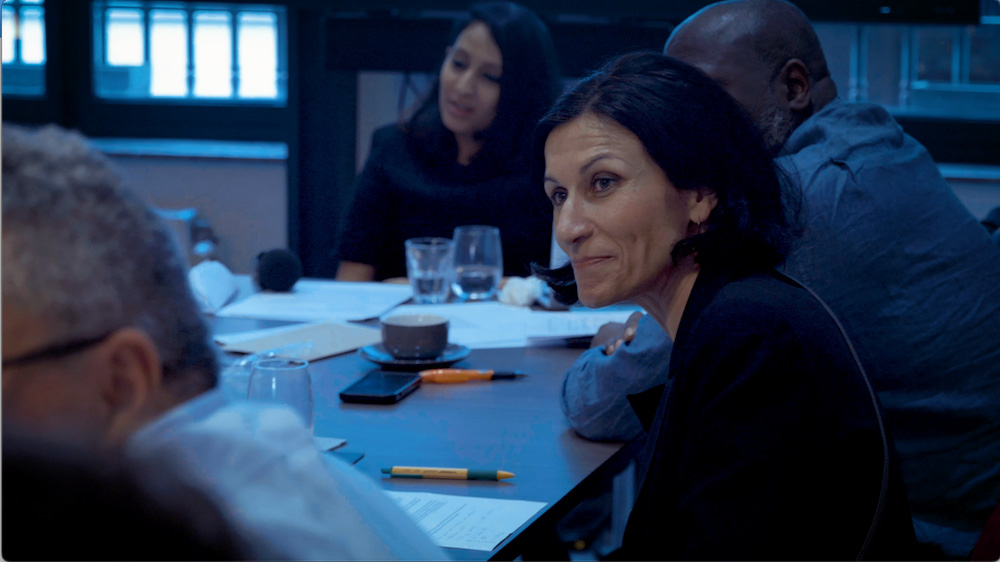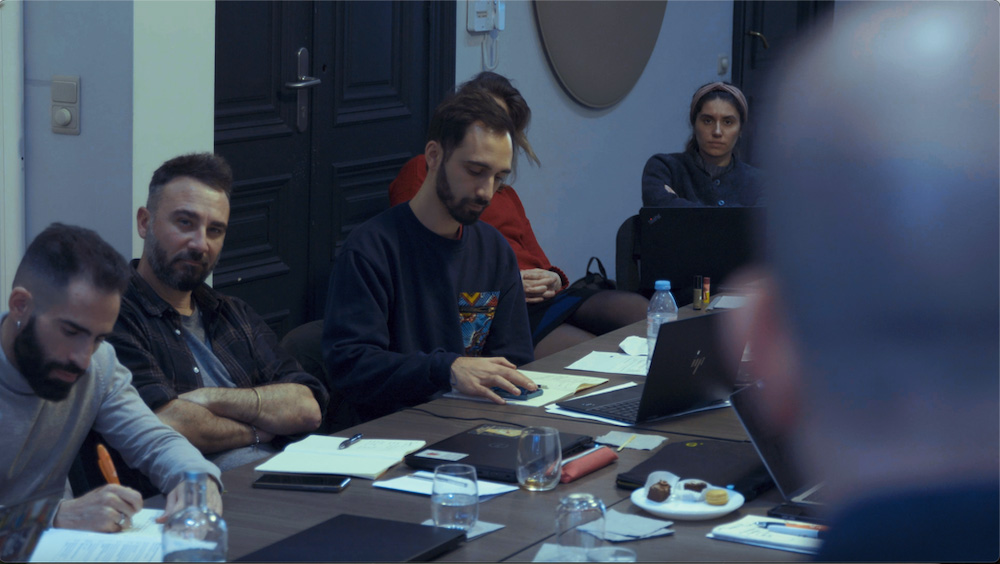In early February of this year, the Internet Society hosted an Encryption Advocacy Workshop in Brussels for European civil society organizations. We created this workshop alongside steering members of the Global Encryption Coalition to equip potential encryption advocates with:
An understanding of how the Internet works and why encryption is a key building block for Internet safety.
An overview of encryption policy around the world, focusing on technical and legislative trends that could impact strong encryption.
Strategies and tools to advocate against encryption threats in the European Union and within European member states, namely the proposed EU-Child Sexual Abuse Regulation.
Learn more about the workshop and what encryption means to our participants here:
A total of 13 civil society organizations participated in the workshop, representing topics including gender-based violence, freedom of the press, civic engagement, reproductive, LGBTQ+, and Roma rights. These organizations were selected based on the intersection between their field of advocacy and the impact of encryption policy on their work and communities.
My life without encryption would be, I would say, endangered, probably even personally. We also should be aware that democracy is very fragile.”
While encryption policy is hotly debated in the European Union, the voices of rights-based groups that would be most strongly impacted by limitations on encryption have thus far largely been missing from the conversation. A strong motivation for this workshop was to empower civil society partners with the knowledge needed to increase their engagement in what can at times be a technical and complicated issue.
Journalists and advocacy groups rely on encryption to do their work effectively and hold power to account. Groups that represent women and LGBTQ+ rights use encryption to protect and empower individuals while building community.
If we consider the finest examples of journalism we’ve seen in the past years, all of them were possible also because encryption was there as a tool for journalists.”
Workshop sessions were led by Internet Society staff and partners from the Global Encryption Coalition including Global Partners Digital, Center for Democracy and Technology Europe, Access Now, Internet Society Belgium, and Internet Society Netherlands. The workshop ended with a discussion about encryption with Members of European Parliament, MEP Kaljurand (S&D, Estonia) and MEP Vigenin (S&D, Bulgaria).

The timing of the workshop could not be more pressing for Europe. The looming threat to encryption in the EU’s Child Sexual Abuse Regulation continues to be discussed in the Council of the EU, where negotiating member states have reached a stalemate on the issue of encryption. Meanwhile, the European Commission’s European Internal Security Strategy has put forward a plan for a “Technology Roadmap on encryption” to identify and assess technological solutions that would enable law enforcement authorities to access encrypted data.
Yet as certain governments ramp up regulatory efforts to circumvent encryption, the counter push from civil society and the technical community is making a difference. In member states like Sweden and France, public pressure has successfully pushed back on regulations that would weaken encryption, stalling plans that would have compromised security for all. In the European Union, an increasing number of policymakers use their voices to speak up for strong encryption, defending the technology as essential to the security of the union and its values.
With the European workshop complete, we are now setting our eyes to the next edition in the series, which will focus on training civil society advocates based in Africa. Join and support the Global Encryption Coalition to become a part of our movement.
Image © Nicolas Olivier

